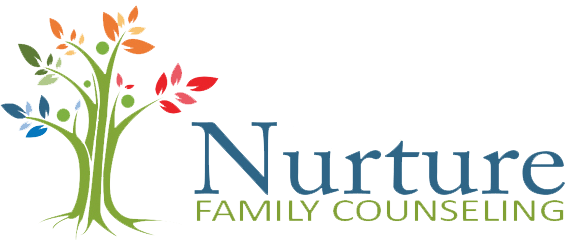On Parenting and Therapy
(or On Being a Parent and a Therapist)
By Richard Honey
MA, LMFT, LPC, RPT, NCC
As a therapist specializing in work with families and children, I often hear the comment from clients: “with all your training, you must find it really easy being a parent”. My response to this, as you might guess, is both long and involved – no, not easy at all really.
It turns out parenting is incredibly difficult and being a parent demands the very best we have to offer as human beings, yet it invariably punishes us for being human. As parents, we become angry and frustrated; we yell, we are irrational and we are emotional. When I am in a more playful mood, I like to tell clients the advantage of my training is I am able to recognize all of the ways I manage to drop the ball as a parent the very instant it happens, and it happens with far greater frequency than I would like. The good news is when it comes time for my own child to work with a therapist, I will likely have a pretty good network of referrals. I take some comfort in this at least.
Parenting Choices
In my work, I learned (or probably read somewhere) parenting choices tend to follow two fundamental paths: either we do exactly the same things our own parents did for us, or we do the exact opposite. This can be a maddening parenting model because what may have been used when we were young does not always work with our own children, or more often, it is not an option we would want to use. So when things do not go as planned (and let’s face it, when do they ever?), we are left with few tools and little comfort.
So parenting is a challenge even at the best of times and with the best of intentions, but it is also a profound and extraordinary pleasure that never ceases to amaze or surprise. Parenting is arguably the most significant thing we get to do as adults. It is more complicated than any book can explain and more demanding than any advice can manage, but at its base, it really comes down to understanding our children as individuals and connecting with them in ways that are truly meaningful. When we parent from this perspective, we can find the tools to meet our children’s needs, we can give them appropriate boundaries (that are consistently enforced; sorry I had to preach a little there) and we can help them to flourish.
Parenting Help
No parent is perfect, though in all truthfulness I would be hard pressed to define a perfect parent to begin with, and we can all find support when we need it to help put the pieces in place. That is perhaps the very best part about being a parent and a therapist: knowing there is support available and knowing that when I am being a parent I can say “I am overwhelmed by this; can you help me please?” and when I am being a therapist I can say “you are overwhelmed by this; how can I help you?”
 Richard Honey
Richard Honey
MA, LMFT, LPC, RPT, NCC
I practice counseling with a positive view of human nature and with a belief that meaningful change is possible through a collaborative therapeutic process.

